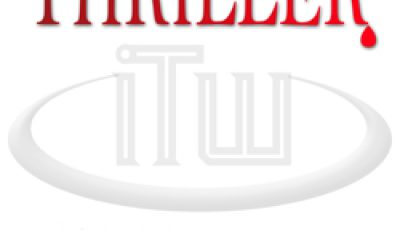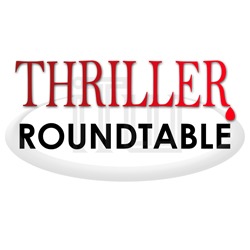

May 23rd to the 29th: “What is the one thing authors can do to help make you, and ultimately themselves, more successful?”
This week, literary agents Debbie Carter, Janet Reid, Nicholas Croce and Jenny Bent answer the all-important question, “What is the one thing authors can do to help make you, and ultimately themselves, more successful?” You won’t want to miss it!
Janet Reid is a literary agent at FinePrint Literary Management specializing in compelling fiction, particularly crime fiction, and narrative non-fiction. She’s always on the lookout for fabulous projects. Her publishing background includes fifteen years in book publicity with clients both famous and infamous. In her spare hours she drinks scotch and stalks Jack Reacher.
Nicholas Croce is a literary agent and President of The Croce Agency, which specializes in representing authors of commercial fiction. Before founding the agency, he worked at John Wiley & Sons, Rosen Publishing and Croce Publishing. Nicholas has degrees in Creative Writing and Journalism from the University of New Mexico and a Certification in Book Publishing from the New York University Center for Publishing.
Debbie Carter’s agency, Muse Literary Management is listed in the Literary Market Place, Writer’s Digest guides, and Writers’ & Artists’ Yearbook. She holds a BA in English and music from NYU. She’s actively pursuing writers with formal training in mysteries & thrillers; literary fiction with popular appeal; narrative nonfiction; nonfiction history, fashion and beauty, and the arts; children’s and teen fiction and nonfiction. Looking for writers for new teen series about high school students in study abroad programs.
Jenny Bent founded The Bent Agency in 2009, after six years as Vice President at Trident Media Group. She represents commercial and literary fiction for adults and young adults, with a special focus on suspense, women’s fiction and paranormal. Since opening her doors, she’s had five authors hit the NYT bestseller list with multiple others on the USA Today, Bookscan, Borders, and Barnes and Noble bestseller lists.
- LAST GIRL MISSING with K.L. Murphy - July 25, 2024
- CHILD OF DUST with Yigal Zur - July 25, 2024
- THE RAVENWOOD CONSPIRACY with Michael Siverling - July 19, 2024

